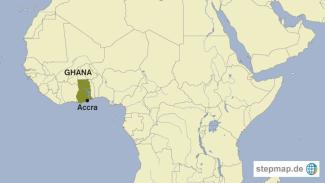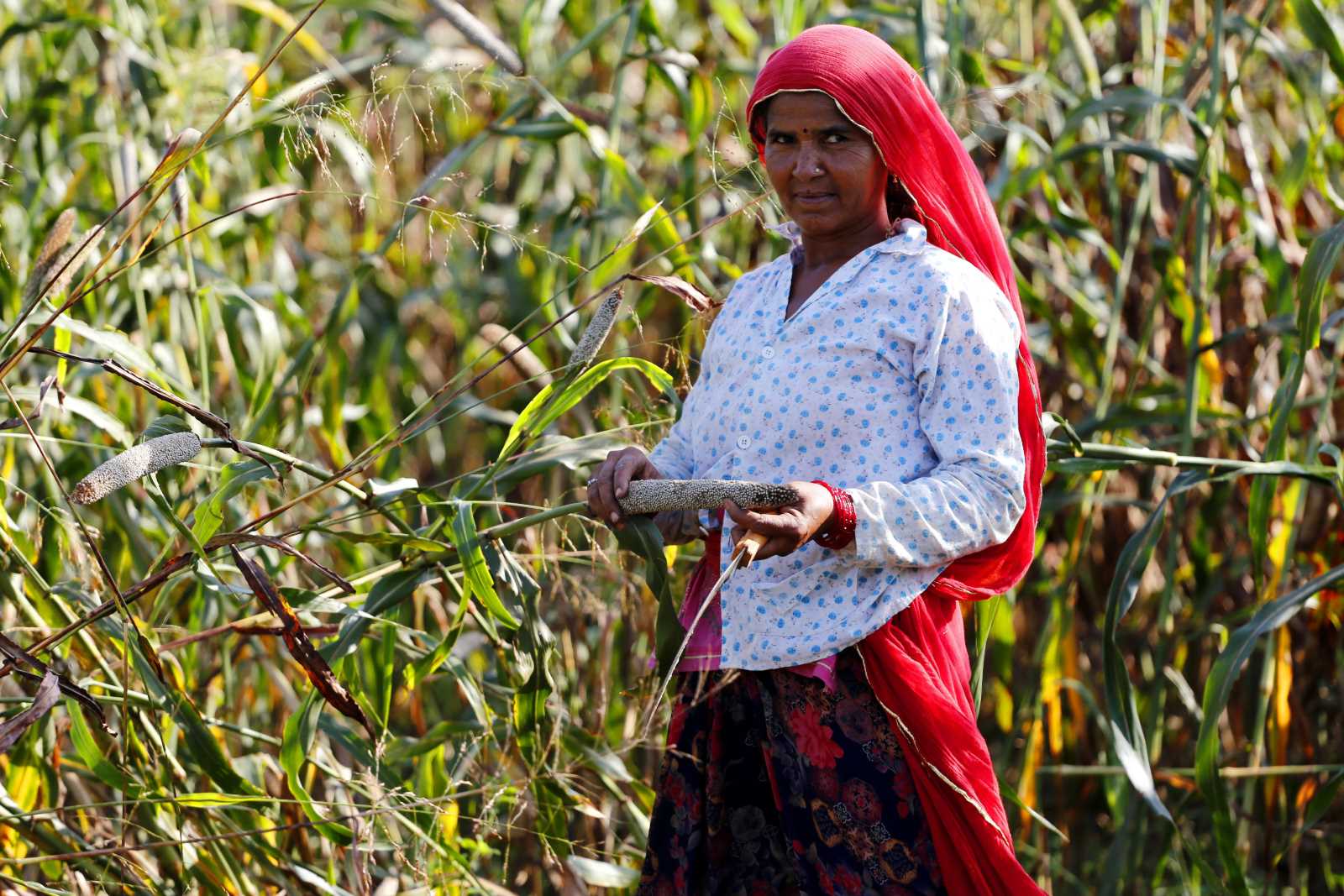Farming
Expensive input

Ghana has spent decades working to ensure food and job security through robust agriculture, but farmers consistently struggle to obtain fertiliser and other essential inputs. The country remains a major food importer.
Stakeholders cite several other challenges such as unpredictability of weather, droughts, financial constraints and soaring weedicide prices. These stand in the way of the country’s dream of attaining greater food sovereignty. Fear abounds that farmers may be forced to downsize their farms, substantially reducing output and threatening food security.
In a bid to increase access to high-quality fertilisers, the government has provided subsidies on imported fertilisers for years now. Under the “planting for food and jobs” scheme, farmers have accessed close to 300,000 tonnes of fertilisers since 2017. The country spends a substantive amount of money on importation of fertilisers. International Trade Administration estimates that Ghana imported $ 173 million worth of fertilisers overall in 2019, $ 109 million in 2020, and $ 79 million in 2021.
The fertiliser subsidy programme has however been riddled with corruption. According to the ministry of food and agriculture, the country lost about $ 12 million in 2018 to fertiliser smuggling. In June 2021, around 13,500 bags of subsidised fertiliser worth $ 136,170 were smuggled out of the country through its Burkina Faso border in Upper West region.
Yahya Iddrisu, a district farmer in Tano North in the Ahafo area says: “Fertiliser is no longer subsidised.” He further says that the price of a 50-kilogramme bag of fertiliser has increased by roughly 500 % from 80 Ghanaian cedis ($ 6.8) last year to 400 ($ 34) cedis.
Yahya says: “Some farmers are turning to using poultry droppings in place of the chemical fertiliser, but even that is becoming very expensive and out of reach.” He says a bag (25 kilogramme) of chicken droppings which used to cost between one and two cedis in 2021, is now selling for 10 cedis in 2022. This is aggravated by rising weedicide prices, which have risen from 15 cedis in late 2021 to 50 cedis in 2022. “Farmers don’t know where to turn because of the high prices of fertiliser.”
Emmanuel Wullo Wullingdool, a consultant in agriculture and international trade, highlights the importance of farmers’ access to inputs and credit. “Farmers need to have access to contemporary equipment, farm implements that women can also use. Marketing, storage, and transportation are all things that government must make sure are in place.” He says that food security is a matter of national security.
Dasmani Laary is a journalist in Ghana.
laarygna@gmail.com











